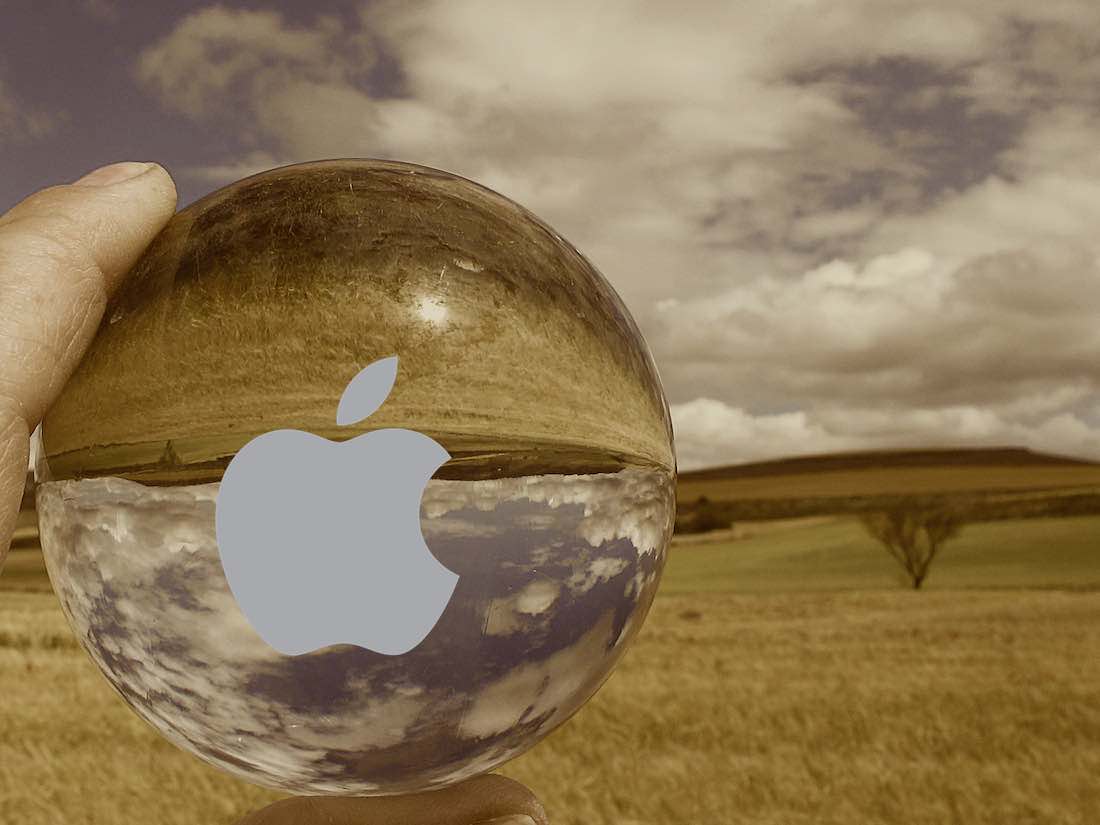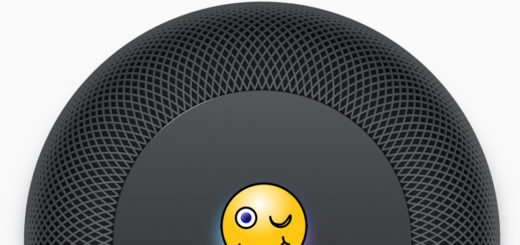Apple supply chain expands as it plans wider product range

Apple already sells hundreds of millions of its hardware products every year, and demand is increasing. So, what’s the problem with increased demand? You need someone to make the products in the first place, prompting Apple to expand its manufacturing partnerships as it preps for increased demand for what it offers today and strike deals to help it make future hardware tomorrow.
What Apple is doing
Apple recently tapped BOE to make displays, but now it seems to be intensifying its relationship with China’s Luxshare, prompting the smaller company to pull out all the stops in a quest to generate revenue with which to support its business.
Luxshare may also have been helpful during the pandemic in helping Apple and other big firms obtain hard to find components during the ongoing shortage of what Tim Cook calls ‘legacy nodes’. The company also makes AirPods and purchased a factory from Wistron in summer 2020, where it now makes iPhones.
This week we learn that Apple has commenced trial production of the iPhone 14. These trials are designed to optimize design and manufacturing process and to develop quality control monitoring systems. Apple does this most years. Luxshare is thought to be in the frame to manufacture entry level iPhone 14 models.
This is just one of a range of recent additions across the last year or two. Apple continues to expand its manufacturing supply chain, currently dominated by Foxconn and Pegatron. Multiple companies including Wingtech have joined or enhanced their production to meet Apple’s supply chain in recent years. All the while, demand for Macs and iPhones continues to grow even as the company preps for new devices, such as Apple glasses and an Apple Car.

Has Apple really run out of surprises? Image c/o: Jacinta Iluch Valero/Flickr
What Luxshare is doing
Luxshare really wants to build its Apple business. In July 2020, the company acquired an iPhone factory from Wistron. Then, in December 2021, it began work on a new $1.72b factory in Eastern China. The size of 40 football fields, that facility is expected to begin making iPhones perhaps as soon as this year.
The company is now thought to be capable of manufacturing up to 15 million iPhones of the c.200 million Apple sells each year. To finance all this the company now plans to raise over $2 billion with a share issue. Cash raised will also fund development of a production line for wearable devices – interesting to learn as new AirPods, Beats and Apple AR goggles head toward introduction.
What’s coming next?
These aren’t the only products the company may hope to make parts for.
While no Apple connection has been claimed or revealed, Luxshare has also invested over $1.5 billion in Chinese EV company, Chery Holding Group to set up a joint venture to design, develop, mass produce, and export core auto parts and components. The idea is to become a Tier 1 car parts supplier and comes as Apple works to build the Apple Car supply chain.
Apple is also working with new partners or encouraging existing partners to set up shop outside China, in Vietnam, India and elsewhere as it seeks to scale up production capacity to meet what management probably expect to be increased demand for what it offers.
Please follow me on Twitter, or join me in the AppleHolic’s bar & grill and Apple Discussions groups on MeWe.




